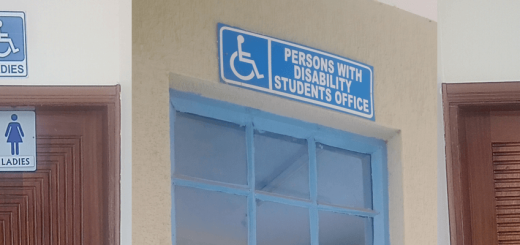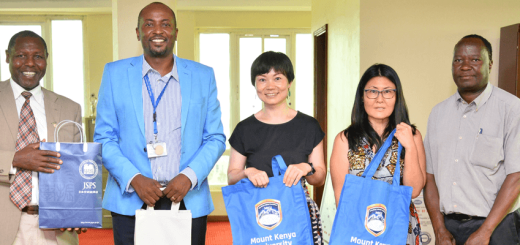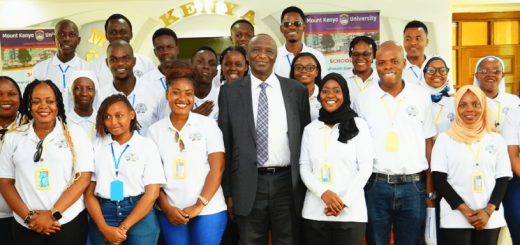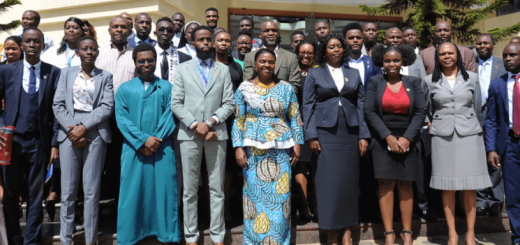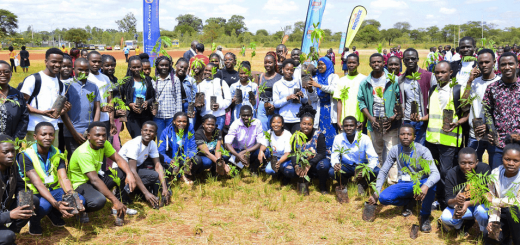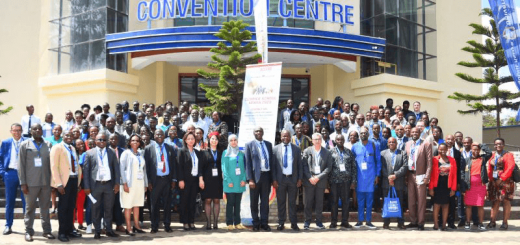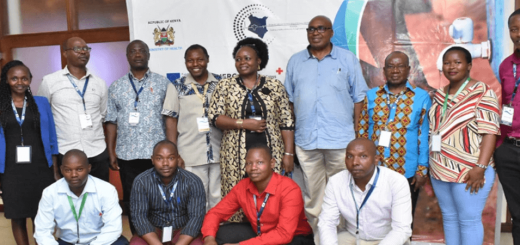MKU joins International Network of Teacher Education Institutions (INTEI)
International Network of Teacher Education Institutions (INTEI) is associated with the UNESCO Chair in Reorienting Education towards Sustainability based in York University Toronto, Canada.
INTEI-Introduction
UNESCO’s first UNESCO Chair in the field of Education for Sustainable Development (ESD) was established at York University, Toronto Canada in 1999. Its initial purpose was to explore how the world’s 70,000,000 teachers could most effectively contribute to a more sustainable future for all.
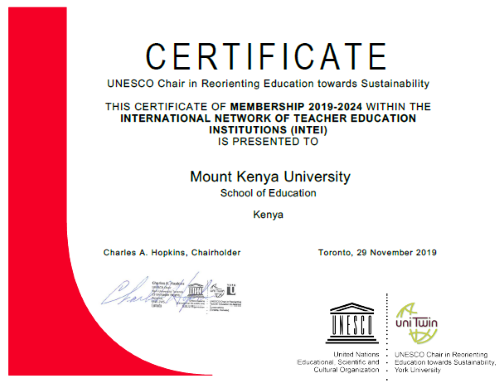
MKU International Network of Teacher Education Institutions membership certificate
Associated with the UNESCO Chair, the International Network of Teacher Education Institutions (INTEI) was launched in 2000, with 30 teacher education institutions (TEIs) from 28 countries representing the 5 UNESCO regions. After three years of joint action research, the original TEIs of the INTEI drafted their findings and collective learning in Guidelines and Recommendations for Reorienting Teacher Education to Address Sustainability. The document was published by UNESCO and distributed to governments worldwide.
Since its inception, facilitating research, sharing expertise and disseminating effective ESD practices has been ingrained in the INTEI’s vision. Still continuing to expand both in size and research, the INTEI is now a network comprised of local, national, and regional networks of TEIs in over 70 countries partnering to reshape teacher education towards sustainable development. Based on their expertise, INTEI members engage with education leaders and ministry officials providing policy advice and implementing ESD in practice, e.g. supporting curriculum development.
With the adoption of the Sustainable Development Goals (SDGs) in 2015, the effectiveness and importance of educators in teaching new generations that will strive for a more socially inclusive and environmentally sustainable economic future has been unanimously acknowledged.
MKU Membership
Mount Kenya University applied for and was granted the membership status by joining the International Network of Teacher Education Institutions (INTEI) and was awarded a certificate of membership (Attached). This is in line with the objective of the UNESCO Chair on Digital Education, Interdisciplinary Teaching and Sustainable Development at Mount Kenya University whose one key objective is to collaborate with likeminded chairs around the world.
Role of Teacher Education Institutions in Promoting SDGs
SDG 4 focusing on Education states “Ensure inclusive and equitable quality education and promote lifelong learning opportunities for all”. It encompasses many forms of education: early childhood, primary, secondary, and university education as well as technical and vocational education and training and literacy for all youth and adults. SDG 4 also emphasizes equity in education, naming specific groups of people who are vulnerable or not well-served by their education systems. The commitment of all UN member states to contribute to the implementation of the 2030 Agenda creates new responsibilities and unique opportunities to prove the relevance of education systems. Many TEI are still in the process of preparing for this new responsibility and can benefit from the INTEI guidance as the world’s most established ESD TEI network.
Goals of the INTEI
The INTEI aims globally at
- Assisting in the local and national implementation of ESD responsibilities within the SDGs.
- Working closely with UNESCO, ministries of education, other teacher education initiatives within and outside the INTEI, and school systems to achieve SDG 4 and in particular SDG target 4.7 which addresses ESD.
- Facilitating whole-institution approaches to embed ESD in all aspects of a TEI.
- Researching, capturing and sharing learning insights related to concepts within ESD.
- Conducting research and sharing good practices in teacher education and ESD.
INTEI members contribute to their TEI
- An increased understanding and achievement of ESD within their TEI.
- An increase in faculty members who are conversant with and incorporate ESD in practice.
- Enhanced research opportunities on reorienting teacher education towards sustainability.
- Enhanced visibility of ESD in TEI strategy, faculty discussions, conferences and publications.
- Opportunities for cooperation with ministries/institutions that effectively incorporate ESD.
Benefits of a TEI Being a Member of the INTEI
- Access to a unique network with hundreds of international experts in many disciplines regarding teacher education with over 20 years of collective ESD expertise.
- No membership fees. Invitations to the biennial international INTEI meetings.
- Awareness of new international ESD initiatives, UN publications and meetings.
- Opportunity to collaborate including publishing with other TEI professionals.
- Mentorship for individuals and institutions that are new to the field of ESD.
- Academic support through sharing ESD bibliographic citations and publications.
- Participation in international ESD research.
- Assistance in finding publishing venues.




